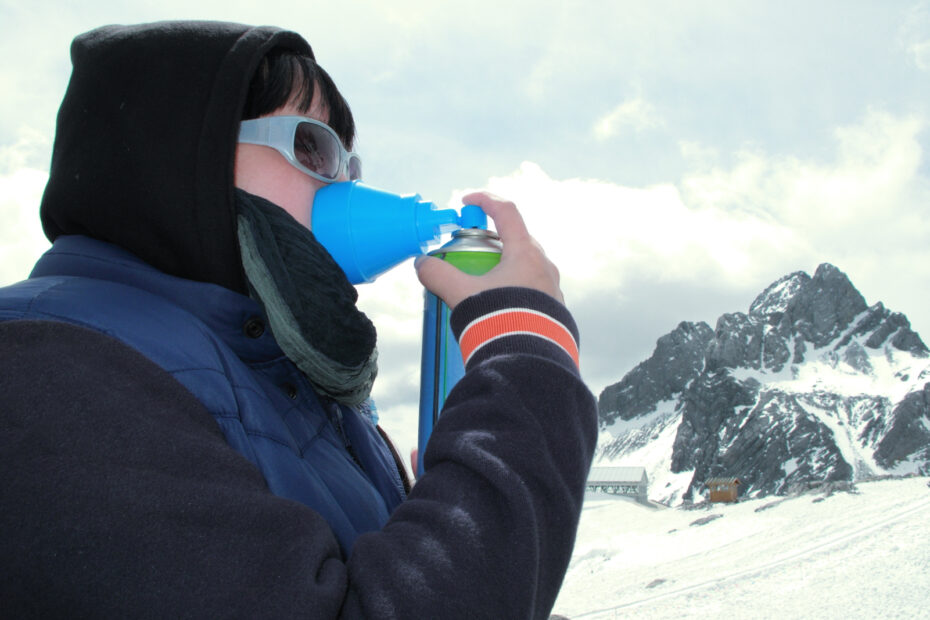Visiting Snowbird, Utah, is an exciting adventure with its stunning mountain vistas and outdoor activities. However, at an elevation of 8,000 feet, some visitors may experience altitude sickness, a condition that occurs when you ascend to high elevations too quickly. Understanding the symptoms and taking preventative measures can help you enjoy your stay without any discomfort.
What is Altitude Sickness?
Altitude sickness, also known as acute mountain sickness (AMS), occurs when your body struggles to adapt to lower oxygen levels at high altitudes. It can affect anyone, regardless of age or physical fitness. Symptoms typically develop within 6 to 24 hours of reaching higher elevations.
Common Symptoms
- Headache: Often the first sign of altitude sickness, ranging from mild to severe.
- Dizziness or Lightheadedness: Feeling unsteady or faint.
- Nausea or Vomiting: Digestive discomfort and loss of appetite.
- Fatigue: Unusual tiredness or weakness.
- Shortness of Breath: Difficulty breathing, especially during physical activity.
- Difficulty Sleeping: Insomnia or disrupted sleep patterns.
Prevention Tips
To minimize the risk of altitude sickness and enjoy your time at Snowbird, follow these prevention tips:
1. Start Slow
- Easy First Day: As you arrive at the property and start your first day, be extra aware of your body and your physical activity.
2. Stay Hydrated:
- Drink Plenty of Water: Dehydration can exacerbate symptoms, so aim to drink more water than usual.
- Avoid Excess Alcohol and Caffeine: Both can contribute to dehydration and worsen symptoms.
3. Eat Light and Nutritious Meals:
- Balanced Diet: Opt for meals rich in carbohydrates to provide energy and aid in acclimatization.
- Avoid Heavy Foods: Large, rich meals can exacerbate nausea and fatigue.
4. Rest and Take It Easy:
- Pace Yourself: Avoid overexertion during your first few days at high altitudes.
- Listen to Your Body: If you feel unwell, take breaks and rest.
5. Consider Medication:
- Consult a Doctor: If you’re concerned about altitude sickness, consult your doctor about medications like acetazolamide (Diamox) that can help with acclimatization.
- Use Aspirin: A low dose of aspirin can help your body acclimatize and reduce symptoms like headaches.
When to Seek Medical Help
In rare cases, altitude sickness can lead to more severe conditions like high-altitude cerebral edema (HACE) or high-altitude pulmonary edema (HAPE). Seek medical attention if you experience:
- Severe Symptoms: Persistent headache, vomiting, or confusion.
- Breathing Difficulty: Increased shortness of breath or chest congestion.
- Loss of Coordination: Difficulty walking or maintaining balance.
By understanding altitude sickness and taking proactive steps to prevent it, you can ensure a safe and enjoyable experience at Snowbird. Remember to listen to your body, stay hydrated, and take it easy as you acclimate to the higher altitude. With these precautions, you’ll be ready to fully enjoy the breathtaking beauty and activities that Snowbird has to offer.
